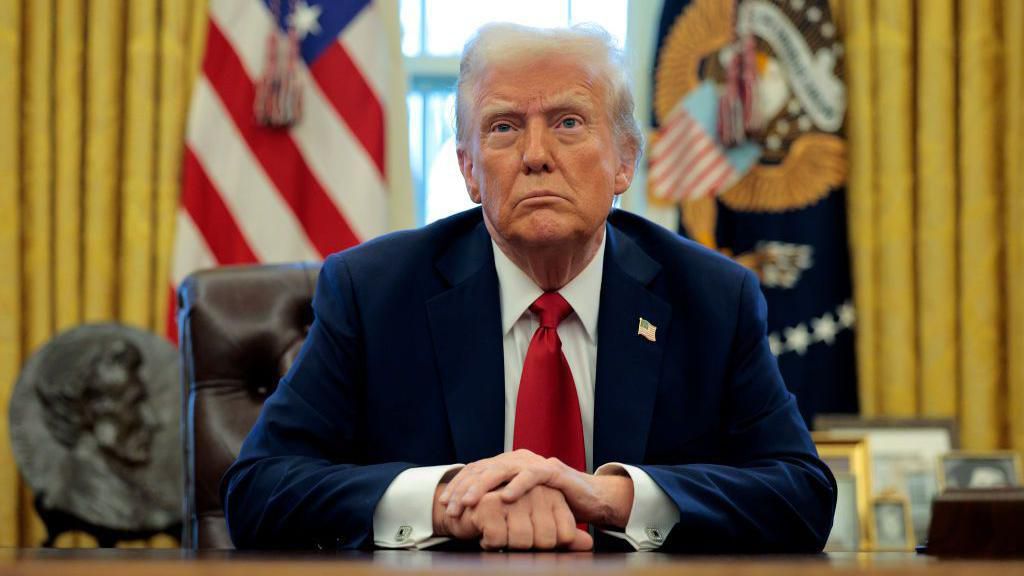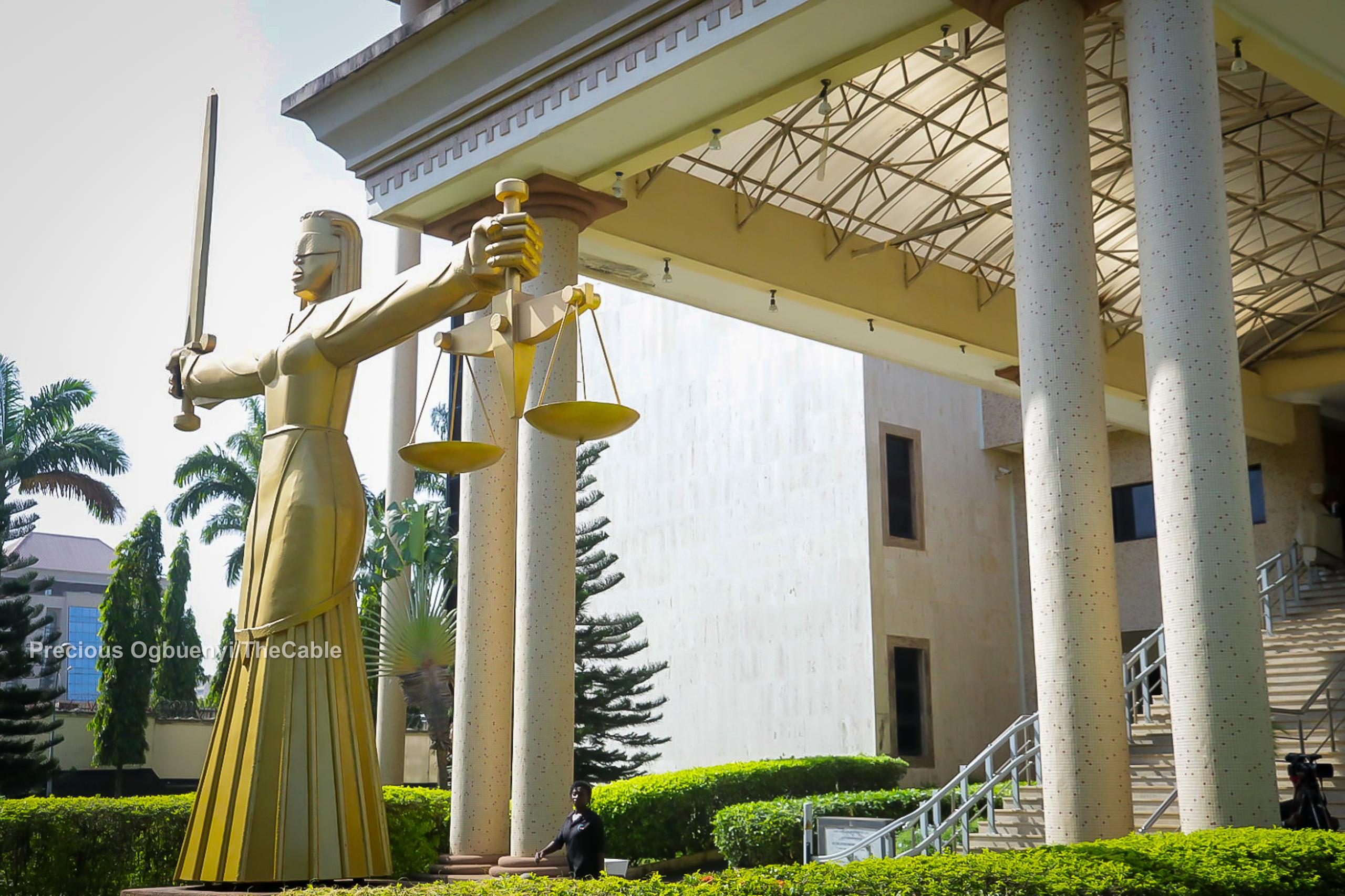GH¢1 fuel levy necessary to address legacy energy debt and under-recovery - Dr Kwabena Donkor - MyJoyOnline
Former Minister for Energy, Dr Kwabena Donkor, has justified the newly introduced GH¢1 fuel levy, arguing that it is a necessary step to help tackle Ghana’s ballooning legacy energy debt and the persistent problem of under-recovery in the power sector.
Speaking on JoyNews’ AM Show on Wednesday, 4th June, Dr Donkor explained that the country faces a dual challenge—outstanding debts owed to Independent Power Producers (IPPs) and the inability to recover the full cost of power generation and distribution.
“We have a situation where we have the legacy debt—GH¢3.1 billion as stated—but we are also under-recovering costs. So we have to do two things. The 1 cedi, I believe, will go towards both the under-recovery and wiping off the legacy debt.”
While supporting the fuel levy in principle, the former Minister urged Ghanaians to be realistic about its impact.
“My position on the 1 cedi fuel levy is that as a people, we must first of all accept the fact. We can debate implementation, we can debate timing, we can debate methodology, but the fact is that even using the 3.1 billion dollar legacy debt, it is simplistic to assume that the 1 cedi in two years must eliminate that debt.”
Dr Donkor stressed that under-recovery is a ticking time bomb that continues to undermine the sector’s financial health.
“We have a major issue that we are not tackling, and which I hope the government will be tackling anytime soon. As of today, we are under a recovery cost in the power sector. When you under-recover cost, you are piling up debt.”
He highlighted the financing model of energy projects to reinforce the urgency of consistent payments. “Remember, project finance is about equity and loans. The norm is that equity may be 30%, and the loan will be 70%. So these IPPs and other players will have to service their loans as well. So the Minister for Finance had to cough up money for them because we owe them so much.”
While endorsing the levy, Dr Donkor demanded greater cost control and operational efficiency within the power sector. “My expectation is that the government will hit hard on the industry to reduce costs. We have to contain costs, and we also have to drive down efficiency. It has to be prompt, while we do the financial engineering to take away the legacy debt.”
He also criticised past mismanagement of energy sector levies, particularly the handling of ESLA by former Finance Minister Ken Ofori-Atta. “If you look at what Ken Ofori-Atta attempted doing when he collateralised the inflows from ESLA, unfortunately, he did not use all the money received to service the debt. There is evidence that it was also used for other administrative government things. That did not help us.”
“More importantly, steps were not taken to drive up efficiency and drive down cost. For us to recover cost in any business, when you under-recover cost, you will invariably be piling up future debts.”
Dr Donkor further called for internal savings within the petroleum pricing structure to ease the burden on consumers, suggesting a review of the Unified Petroleum Price Margin (UPPM) and related components.
“I am in full support of the 1 cedi, but that will not be enough. We also have to look at the price build-up. Within the price build-up, there must be some savings.” “Let me put this on record, I believe the UPPM, for example, should go down. There should be some savings out of UPPM because the biggest single operating expense on transportation is fuel.”
“Since fuel prices have come down and GPRTU and other transport organisations have come up with a 15% reduction on the back of reduced fuel prices, the UPPM, which is essentially for transportation—both the UPPF and the Primary Distribution Margin—must also come down.”
He also questioned the relevance of current administrative margins given declining inflation and falling fuel prices. “Then we also have to look at some administrative margin. Do we still have to maintain that quantum in the light of falling inflation, in the light of falling petroleum pricing?”
Even if cost savings are identified, Dr Donkor reminded that parliamentary approval is still constitutionally required.
“If we do that, I believe there can be some savings in the existing price build-up to offset the 1 cedi. But the Finance Ministry, by our constitutional construct, even if the whole 1 cedi was to come from the price build-up, the Ministry of Finance is still obliged by our construct to come to Parliament for this.”
Dr Donkor’s comments offer a nuanced perspective on the controversial levy, balancing the need for financial sustainability with accountability and prudent fiscal management in Ghana’s energy sector.
The Views, Comments, Opinions, Contributions and Statements made by Readers and Contributors on this platform do not necessarily represent the views or policy of Multimedia Group Limited.
The Views, Comments, Opinions, Contributions and Statements made by Readers and Contributors on this platform do not necessarily represent the views or policy of Multimedia Group Limited.












